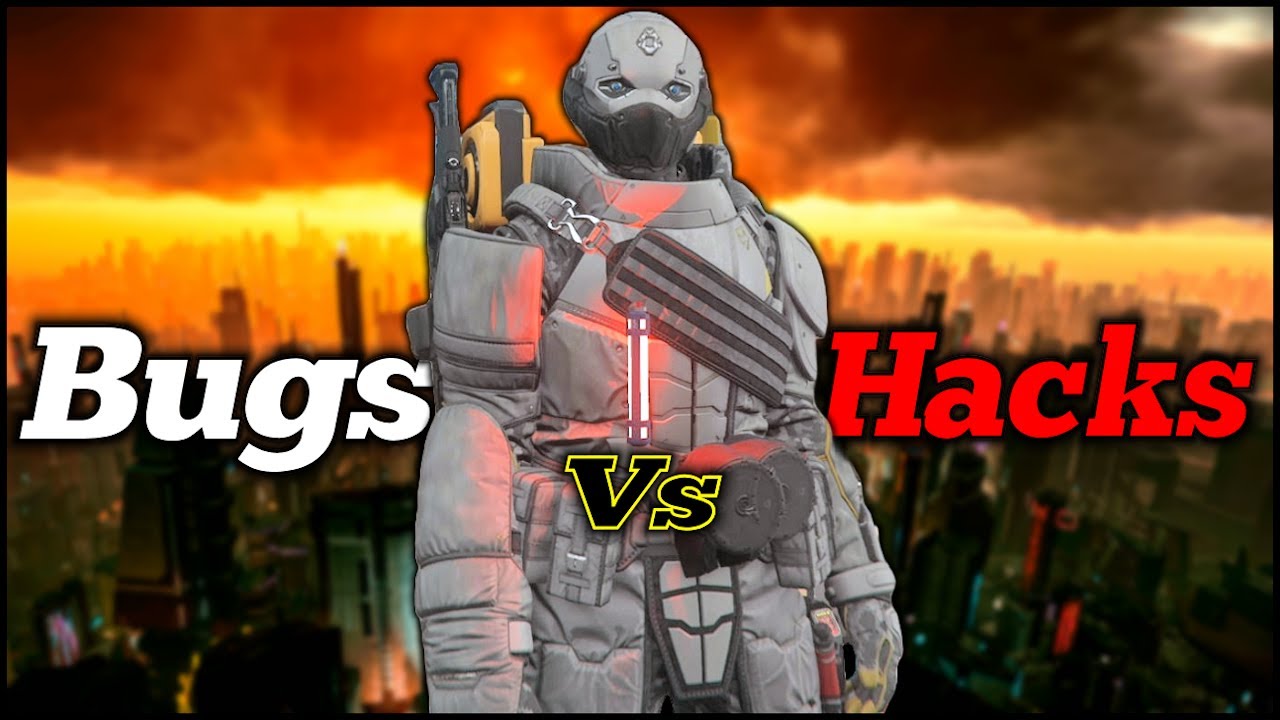The video by Hawk Gaming discusses the distinction between exploiting bugs and using hacks in Star Citizen, emphasizing that bug exploitation during the game’s alpha phase is a nuanced issue aimed at testing and improving the game, whereas hacks and Real Money Trading cause real harm and should be strictly punished. Hawk highlights the importance of responsible bug reporting to prevent damage to the game’s development and calls for respectful dialogue among players to support a smooth and fair release.
The video discusses the issue of cheating in Star Citizen, specifically focusing on players who exploit bugs rather than using outright hacks. The creator, Hawk Gaming, clarifies that while hacks such as wall hacks, speed hacks, and combat cheats deserve harsh penalties, exploiting in-game bugs is a more nuanced topic, especially given Star Citizen’s current alpha state. Hawk, an experienced bug tester with five years of involvement in the game, admits that by actively seeking to break the game through bug exploitation, he could be labeled a cheater. However, his intention and that of his team was always to report these bugs to the developers to help improve the game.
Hawk emphasizes that Star Citizen is still in alpha, meaning the gameplay is not finalized and the economy is not fully developed. Because of this, cheating through bugs does not currently cause lasting damage to the game’s economy or overall experience. He highlights that every patch over the years has introduced new or recurring economic bugs, and exploiting these is somewhat expected during this testing phase. However, Hawk draws a firm line against Real Money Trading (RMT), where players sell in-game currency or items for real-world money, stating that this form of cheating should always be punished strictly, even during alpha.
The video compares Star Citizen’s current economic state to that of Eve Online, where every item and transaction has a purpose and directly impacts the player-driven economy. In contrast, Star Citizen lacks a functioning economy at this stage, so bug exploitation does not have the same detrimental impact. Hawk acknowledges that while exploiting bugs to gain ships or resources might seem unfair, it is an inevitable aspect of alpha testing and that the game’s marketing has sometimes misled players into expecting a finished product rather than a work in progress.
Hawk also shares examples of the negative consequences that can arise from bug exploitation, such as server lag caused by duplicated abandoned ships and an incident where an entire organization’s use of auto-clickers to dupe gems crashed the backend, wiping all players’ bank balances temporarily. These examples serve to illustrate that while bug testing is necessary, sharing or abusing bugs publicly can create significant harm. Hawk stresses the importance of responsible bug reporting and testing to avoid damaging the game during its developmental stages.
In conclusion, Hawk urges viewers to differentiate between bug exploitation during alpha testing and malicious hacking or RMT, which cause real harm and should be condemned. He encourages a respectful dialogue between players with differing views on bug testing, reminding everyone that the shared goal is a smooth, bug-free release with a robust and fair economy. Finally, Hawk hints at discussing the more serious issue of hack clients and their impact on gameplay in a future video, emphasizing that these are the real threats to the Star Citizen experience.
